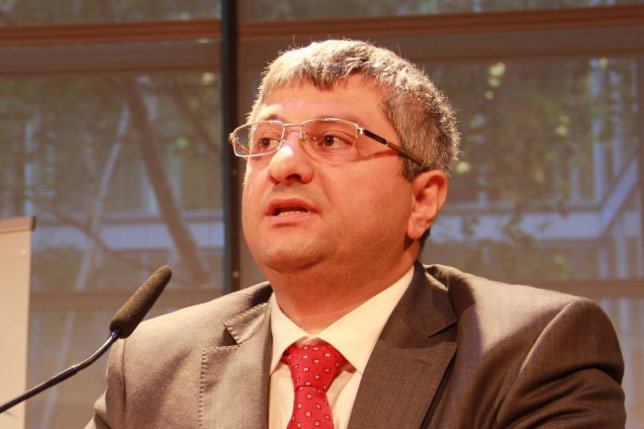Ergenekon’s coup-lovers owe an apology to the Hizmet movement

Date posted: October 10, 2013
Ihsan Yilmaz
Since the start of the Ergenekon trials, some of the suspects and their supporters constantly, steadfastly and fiercely argued that the Ergenekon cases were based on fabricated evidence prepared by the Hizmet movement, claiming that the defendants were actually innocent.
It seems that even some members of the ruling Justice and Development Party (AKP) believed in this extravagant conspiracy theory. In a country where we have had a military coup every 10 years, it was surprising that these people could argue so firmly that the defendants would never attempt to stage a coup against a government they openly despised. Nonetheless, the 9th Criminal Chamber of the Supreme Court of Appeals on Wednesday announced its ruling in the appeal of the Sledgehammer coup plot trial, upholding the convictions of 237 defendants, including retired Gen. Çetin Doğan.
As Today’s Zaman reported on Wednesday, the court overturned the convictions of 63 defendants, while the prison sentences of 237 defendants, including retired Gen. Çetin Doğan, were upheld. Explaining its grounds for overturning the convictions of 63 defendants, the high court said they should have been charged with membership in a criminal organization instead of a failed coup attempt. Among the defendants for whom the high court upheld prison sentences were Generals Halil İbrahim Fırtına, Özden Örnek, Nejat Bek, Bilgin Balanlı, Şükrü Sarıışık, Dursun Çiçek and Süha Tanyeri. During the 17th hearing in August, which was reportedly the longest in the Supreme Court of Appeals’ history, 96 defense lawyers made statements for nearly 120 hours on behalf of 361 indicted individuals in which they claimed to have digital evidence that suggested the basis for the case had been faked.
Sledgehammer is an alleged coup plot created at a military gathering in 2003. According to the plan, the military was to systematically foment chaos in society through violent acts, among which were planned bomb attacks on the Fatih and Beyazıt mosques in İstanbul. The plot sought to undermine the government, laying the groundwork for a military takeover. Thus, the suspects were accused of a failed attempt to overthrow the government. The Sledgehammer documents formed the basis of a presentation given by Doğan during a military conference from March 5-7, 2003, held at the Selimiye barracks. According to the court, the conference, part of a series of regular “war seminars” in which military officers brainstormed case studies, was far from a “routine scenario” and in fact involved a plan for a coup d’état. Retired Gen. Doğan, speaking at the Selimiye seminar, reportedly said Article 35 of the Internal Service Code gives the military sufficient authority to perform a coup.
The Sledgehammer defendants have consistently argued that the police and lower courts were “infiltrated” by supporters of the Hizmet movement, and that this movement targeted them. They also claimed that all these “lies” and “fabrications” would be detected by the Supreme Court of Appeals, which has older judges who were appointed long before the AKP’s rise to power. As is well known, the supreme courts are the castles of the Kemalist oligarchy, and citizens from practicing Muslim backgrounds would never be appointed to positions at them. It is now clear that the defendants have always stuck to the maxim “never underestimate the power of denial.” Yet, the Supreme Court of Appeals looked at the concrete evidence, not their scenarios and conspiracy theories.
Many people now owe an apology to the Hizmet movement, and these people include some of our conservative-democrat or liberal-democrat friends, colleagues and columnists who implied that the movement was behind some conspiracy against these defendants. It is impossible to forget how some of them recited verses from the Quran, reminding the movement to be just.
Source: Today's Zaman , October 9, 2013
Tags: Hizmet (Gulen) movement | Military coups in Turkey | Turkey |
























